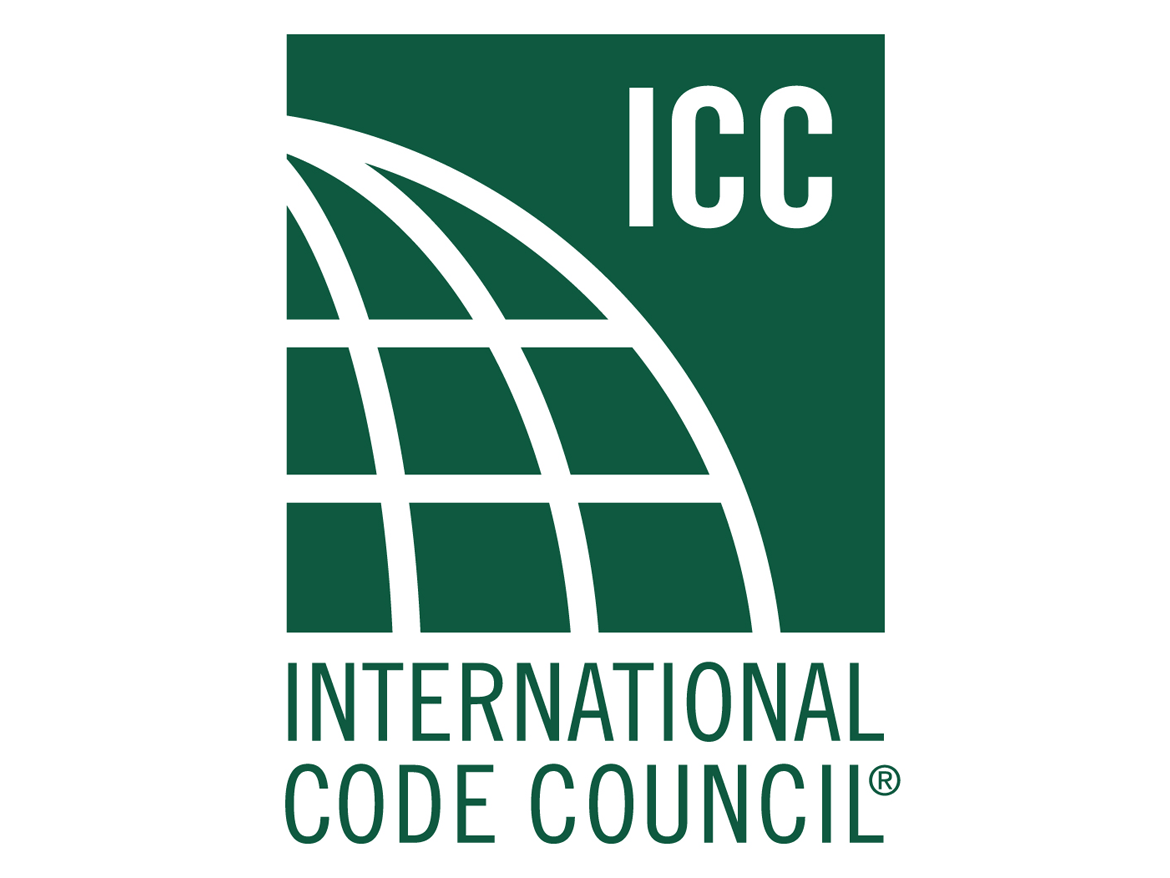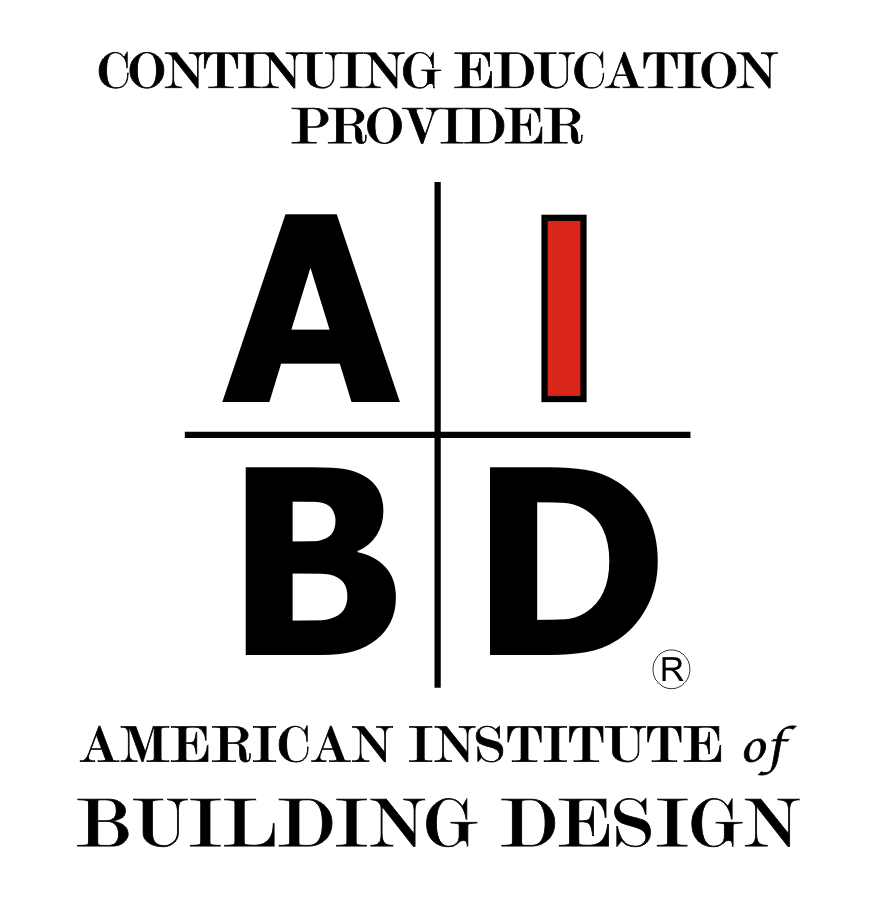
Rick Cook - COOKFOX
Exploring Sustainability, Craft, and Biophilic Design in Transformative Architecture
Sponsored by Architectural Record | Presented by Rick Cook
In this Design:ED conversation, Rick Cook of COOKFOX Architects discusses his firm’s ethos, which centers on environmental stewardship, human connection, and biophilic design. He reflects on projects like the Terminal Warehouse and Google’s St. John’s Terminal, highlighting the transformation of historic buildings into sustainable, modern spaces while maintaining respect for their original materials and context. Cook emphasizes the value of site-specific design, craftsmanship across scales, and integrating nature into the built environment. He also shares insights into his partnership with Bob Fox, born from shared values rather than business strategy, and his growing interest in academic architecture aimed at benefiting future generations.

Image courtesy of Google
The reimagined St. John's Terminal improves the neighborhood's connection to the waterfront.
 |
Aaron Prinz is the host of the Design:ED Podcast and holds a Masters of Architecture degree from the University of Texas at Austin. He was born and raised in the rural Northern California town of Red Bluff, just two hours south of the Oregon border. After one year of college, Prinz relocated to San Francisco to pursue a career in stand-up comedy. At age 26, he began studying architecture at Portland State University while interning at Studio Petretti Architecture led by Amanda Petretti. His professional contributions while at Studio Petretti were focused on a portion of the new Multnomah County Courthouse which is a prominent addition to the Portland skyline. He currently resides in Austin, Texas with his wife Roxanne where he continues to work as a designer. |
LEARNING OBJECTIVES
- Examine how principles of historic preservation and environmental stewardship can guide sustainable architectural design.
- Analyze strategies for integrating biophilic elements into urban projects to strengthen human-nature connections.
- Evaluate the challenges and solutions involved in adaptive reuse of large-scale historic buildings within dense urban environments.
- Explore approaches for maintaining design quality and craft across different building scales and typologies.











